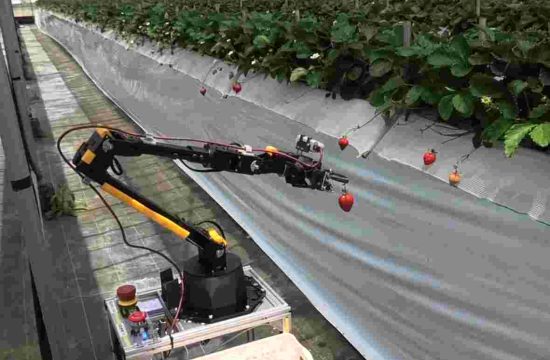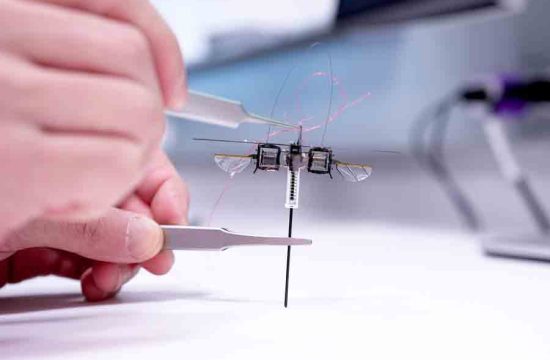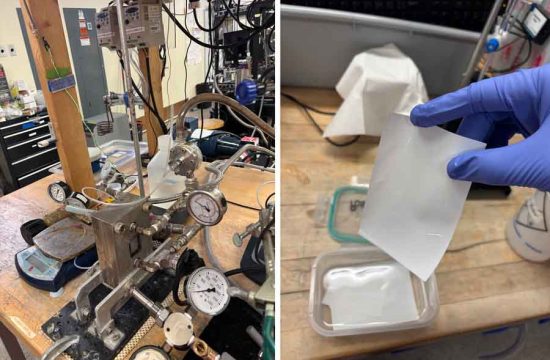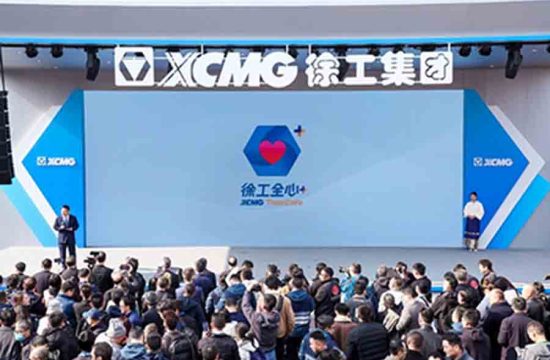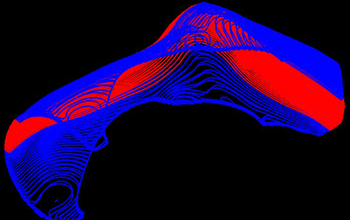
Credit: Albert Shih, University of Michigan
The National Science Foundation (NSF) has provided more than $6.5 million in awards for research exploring ways to expand and ease access to manufacturing services.
In 30 projects involving 28 universities, faculty and students will research, prototype and test new Web-based manufacturing operating systems and apps to run on them.
Their new designs will ensure the interoperability, reliable execution, and security of cybermanufacturing systems while enabling easy access to them through, for instance, efficient architectures and protocols for networked manufacturing environments.
Teams will create apps for large-scale manufacturers, including some that support the selection of manufacturing processes, identify facilities with appropriate fabrication capabilities or accurately estimate the cost of 3D printing.
[pullquote]NSF aims to fuel an Internet-based transformation that will make manufacturing tools and knowledge accessible to inventors, entrepreneurs, and anyone ready to make an innovative idea real.[/pullquote]
They also will create apps for companies or individuals to simplify design and manufacturing of a variety of goods, such as custom prostheses and apparel, advanced composite materials, and 3D-printed tissues, pharmaceuticals, nanoscale devices and precision optics.
The new knowledge and designs from these projects will enable the growth of web-based manufacturing services in much the same way that Internet-based services have transformed financial, retail and personal service sectors.
“Cybermanufacturing is an exciting and important opportunity for advanced manufacturing and the nation’s economic future,” said Pramod Khargonekar, NSF assistant director for engineering. “With our cybermanufacturing research investments, NSF aims to enable the creation of knowledge and tools that will result in bottom-up evolution of an Internet-based, manufacturing service economy.”
Through apps and operating systems with manufacturing expertise built in, small manufacturers could create new business opportunities by offering customers their specialized equipment to make specific classes of products.
Some large manufacturers could adopt an app-based model to provide the ultra-reliable, efficient factories they need to compete.
“While manufacturing industries extensively use the Internet now, NSF aims to fuel an Internet-based transformation that will make manufacturing tools and knowledge accessible to inventors, entrepreneurs, and anyone ready to make an innovative idea real,” said James Kurose, NSF assistant director for computer and information sciences and engineering.



